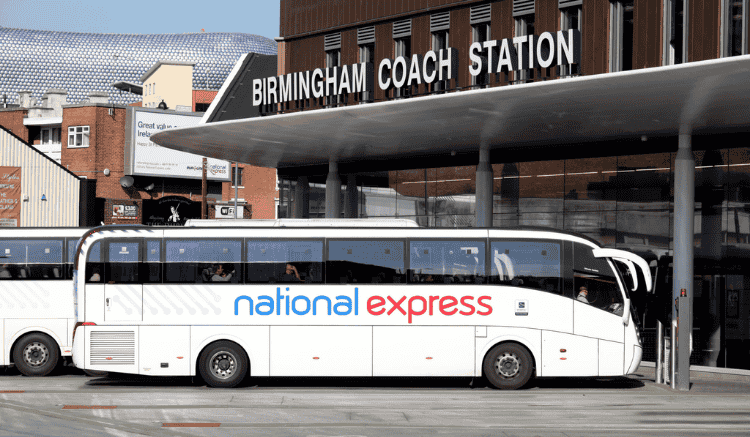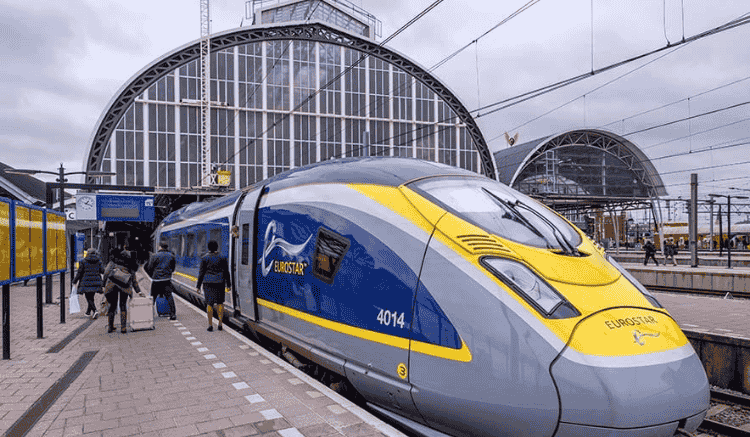
Coach Travel vs. Trains: Which Offers Better Value in the UK?
When planning travel across the UK, two of the most common modes of transportation that come to mind are coach travel and train services. Both offer an array of benefits and drawbacks, with varying degrees of convenience, affordability, and speed. Choosing the most suitable option depends on a combination of factors, from cost considerations to comfort preferences, travel time, and environmental impact. In this comparison, we will examine these key elements to help you determine which mode of travel offers the best value in the UK.
The Cost Factor: Budget-Friendly Coaches
In terms of raw affordability, coach travel generally reigns supreme. Coaches, particularly services provided by well-established companies such as National Express and Megabus, tend to offer significantly cheaper fares than trains. Whether you’re traveling short or long distances, coaches often come with a range of budget-friendly ticket options, making them a preferred choice for cost-conscious travelers.

National Express coaches can offer deeply discounted fares, especially when tickets are booked in advance. Discount schemes, student fares, and group rates contribute to making National Express coaches an accessible and attractive option for a variety of passengers. Additionally, for those flexible with their travel schedules, National Express coaches provide a cost-effective alternative for longer trips, where train fares may be prohibitively expensive.
In contrast, trains, while efficient and often faster, can be expensive, especially when booking last-minute tickets. High-speed rail services, such as those run by Virgin Trains or Great Western Railway, often come with a hefty price tag, particularly during peak travel times or on routes with limited availability. Even when booking in advance, train tickets may not always offer the same level of affordability as coach services, which continue to make coaches the more economical choice for many.
Speed and Convenience: The Train’s Edge
Despite the price advantage of coaches, trains often come out ahead in the speed department. Train journeys in the UK tend to be quicker, especially for long-haul routes. A train journey from London to Manchester, for example, takes around two hours, compared to a coach ride that may last over four hours due to frequent stops, traffic delays, and longer routes. For travelers in a rush, the time saved by taking a train can be significant.
Moreover, train stations are typically located in central city locations, making them more convenient for travelers to access compared to coach stations, which can be situated farther from the city center. Train services are generally more reliable when it comes to punctuality, as they are not affected by road congestion and other external factors that impact coach travel. Therefore, for those prioritizing time and convenience, train services often offer a superior option.
For passengers traveling longer distances, this speed advantage becomes particularly important. However, it’s worth noting that for shorter journeys, the time-saving benefits of trains may be less pronounced, which may make the lower cost of coach travel more appealing for these types of trips.
Comfort and Amenities: Trains Outshine Coaches
When it comes to comfort, trains offer a more spacious and luxurious experience compared to coaches. Train carriages typically provide larger seating areas, more legroom, and the ability to move around the vehicle during the journey. For those embarking on longer trips, these features can significantly improve the overall travel experience.
In addition to comfortable seating, many trains also offer onboard amenities such as free Wi-Fi, power outlets, and catering services, allowing passengers to stay connected, work, or simply relax during their travels. These services, while not universally available on all trains, contribute to making train travel a more comfortable and versatile option for many passengers. For those considering long-distance journeys, National Express tickets provide access to similar conveniences, ensuring a comfortable and efficient travel experience.
In contrast, while coaches are generally comfortable, they do not offer the same level of space or luxury as trains. Coaches tend to have more compact seating arrangements, and passengers are usually confined to their seats for the duration of the journey. Some newer coaches have added features like Wi-Fi and power outlets, but these amenities are not as widely available, and the seating arrangements are typically less spacious than those found on trains.
For those who prioritize comfort, particularly on longer journeys, train travel may offer a more pleasant experience. However, for short trips or those who are primarily concerned with cost, coaches may still be a suitable option, even if comfort is compromised somewhat.
Environmental Impact: The Sustainability Debate
Sustainability has become an increasingly important factor in the transportation industry. When it comes to the environmental impact of travel, trains tend to have the upper hand. According to the UK Government’s Department for Business, Energy & Industrial Strategy, rail travel produces significantly lower carbon emissions per passenger compared to road travel, including coaches. This makes trains a more environmentally friendly option, especially for those looking to reduce their carbon footprint.

Despite this, coach travel is still considered more sustainable than other forms of transport, such as private cars or domestic flights. Coaches can carry a large number of passengers, which reduces the number of vehicles on the road and decreases individual emissions. Furthermore, advancements in eco-friendly coach technology, such as hybrid and electric buses, have made coach travel more sustainable in recent years.
For travelers who place a strong emphasis on reducing their environmental impact, trains may be the more attractive choice. However, for those with a less stringent focus on sustainability, coaches still present a relatively green option, especially when compared to more carbon-intensive modes of transport.
Flexibility and Accessibility: Coaches Lead the Way
When it comes to flexibility, coach travel offers distinct advantages over trains. Coaches often have more frequent departures, especially on routes that are heavily trafficked, making it easier for passengers to find a convenient departure time. Additionally, coaches are often able to accommodate last-minute bookings, with more lenient ticket change policies compared to train services, which can sometimes have strict policies regarding cancellations or modifications.
Coach services also tend to offer more direct routes, particularly in cities or areas with less robust rail infrastructure. This makes coaches a more flexible option for some travelers, as they may be able to access destinations that are not served by trains, or where train stations are located far from their ultimate destination.
For travelers arriving at airports or requiring transfers between cities, coaches often provide a more convenient option. Services such as Choose National Express for Your Airport Transfers allow travelers to seamlessly move between airports and city centers, offering a cost-effective and reliable way to reach their destination without the need for multiple connections. Coach services like these provide not only flexibility but also a smooth travel experience from start to finish.
Accessibility for All Passengers:
Both trains and coaches offer accessibility features for passengers with limited mobility. Trains, particularly those operated by larger UK rail providers, tend to have better provisions for disabled travelers, including dedicated wheelchair spaces, ramps, and accessible restrooms. Many train services also provide assistance to passengers requiring extra help, such as those with mobility challenges or those traveling with young children.
Coaches, while often equipped with basic accessibility features such as wheelchair lifts and dedicated spaces for mobility aids, do not always offer the same level of accessibility as trains. For some coach services, passengers with mobility issues may find their options more limited. Therefore, travelers with specific accessibility needs should always check the facilities available on their chosen mode of transport before booking.
Conclusion: Which Option Provides Better Value?
Ultimately, the decision between coach travel and Train services in the UK depends largely on the traveler’s priorities and specific needs. For those on a budget or looking to minimize expenses, coach services are the clear winner, offering affordable travel options across the UK with flexibility and frequent departures. For those seeking speed, comfort, and a more luxurious travel experience, Trainline Tickets may offer the superior choice, particularly on longer routes where time is of the essence.








